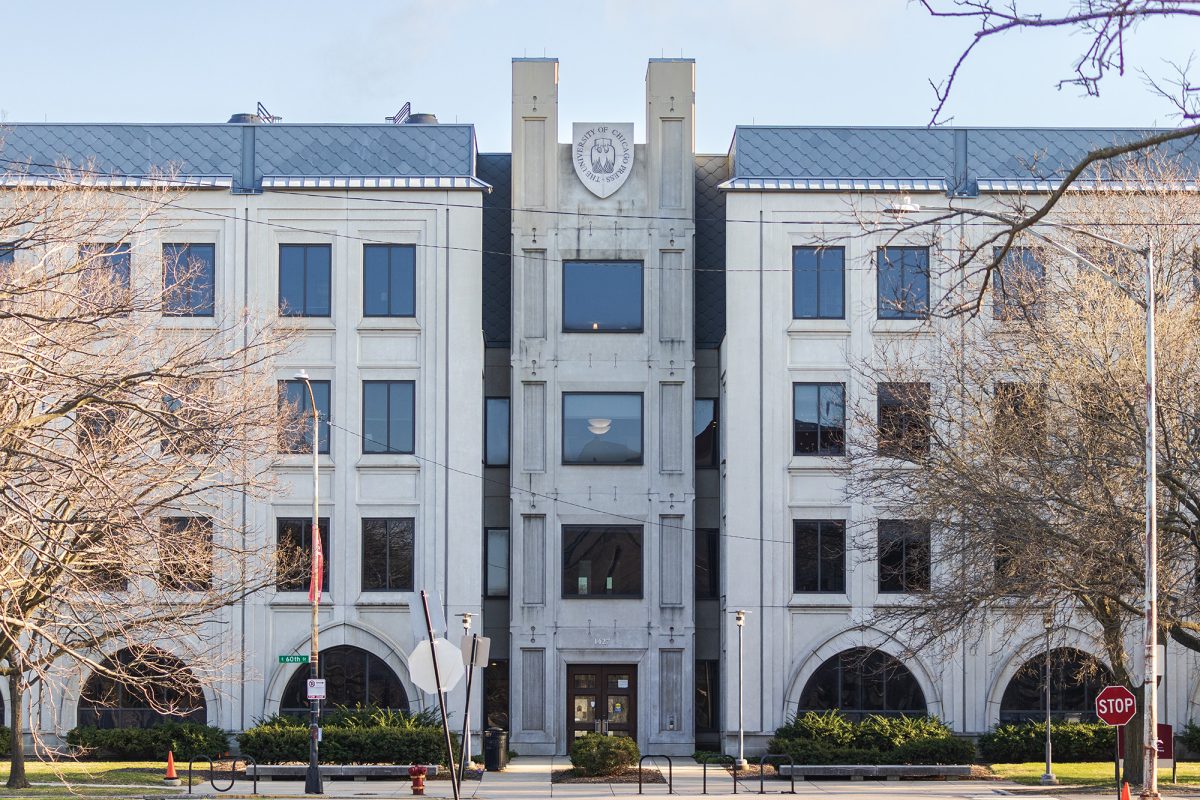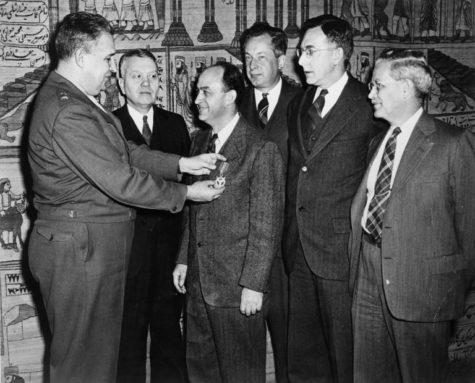The UChicago Office of International Affairs (OIA) updated its international travel guidance following changes to immigration policy by the Trump administration. The new guidelines were announced in an April 4 email from University leadership and through the OIA newsletter.
Interim Dean of Students in the University Mike Hayes and OIA Executive Director Nick Seamons urged noncitizen students, faculty and staff—regardless of their residency status—to take caution when traveling outside of the U.S. and to reconsider nonessential travel. “Re-entry is not a guarantee and [is] at the discretion of the U.S. government,” OIA stated in the travel guidance document.
Several peer institutions, including Brown University and Columbia University, have shared similar statements cautioning noncitizen community members against international travel.
Last month, Secretary of State Marco Rubio confirmed to reporters that he had canceled the visas of more than 300 international students who had joined pro-Palestinian demonstrations. The White House has cited the Immigration and Nationality Act of 1952, which allows the Secretary of State to deport any noncitizen whose presence or activities the secretary determines have “potentially serious adverse foreign policy consequences for the United States.” Legal scholars have contested the White House’s application of the law.
Prior to international travel, noncitizens should ensure their passports are valid six months into the future and carry proper immigration forms and relevant visa stamps, OIA advised.
According to the updated guidance, international noncitizen travelers should reenter the United States during business hours in Chicago and notify a trusted individual when their flight lands, when they approach customs, and when they are past customs. If the trusted individual is not notified of the final step, the individual should be prepared to contact an immigration attorney and the traveler’s family and have access to a copy of the traveler’s documentation.
OIA also advised individuals on trips “related to official University programs, events, activities, or funded by University resources” to continue registering their travel with UChicago Traveler—the University’s international travel management portal—so that the “University can provide support in case of emergencies or crises.”
OIA also recommended that travelers be mindful of the content on their devices, which can be subject to search when reentering the United States, and their social media presence. In recent months, Customs and Border Protection (CBP) has used more aggressive tactics to scrutinize visa holders and tourists seeking entry to the United States.
Immigration officials deported Rasha Alawieh, an assistant professor at Brown University and a Lebanese citizen, after CBP discovered “sympathetic photos and videos” on her cell phone taken during the funeral of former Hezbollah leader Hassan Nasrallah.
Philippe Baptiste, France’s minister of higher education and research, alleged that a French researcher was denied entry to the United States over personal opinions the researcher expressed towards President Donald Trump in texts. The Department of Homeland Security has denied this allegation.
In an April 7 follow-up email, OIA warned international students of scammers that may attempt to impersonate federal agents, demanding money and threatening visa cancellation. OIA will notify any students whose status has been terminated, OIA said.
OIA’s travel guidance document also anticipates further travel restrictions based on an executive order signed by Trump. On March 14, the New York Times reported on a draft travel ban that would ban all entry for citizens of 11 countries, severely limit entry for citizens of 10 others, and force an additional 22 countries to improve vetting or risk a ban.
Thirty-one percent of degree-seeking students at the University are from outside of the U.S., according to the winter quarter 2025 census, though it is unclear what proportion would be directly affected by a travel ban.








